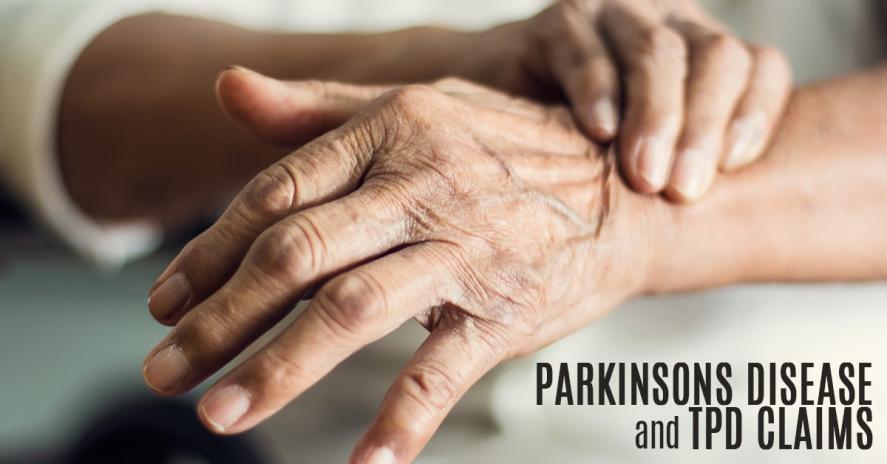Can I Get Parkinson's Disease Insurance at 36?
Parkinson's disease is a progressive neurological disorder that affects movement, balance, and coordination. It is the second most common neurodegenerative disorder after Alzheimer's disease, and it affects approximately 1 million people in the United States.

There is no cure for Parkinson's disease, but there are treatments that can help to manage the symptoms. These treatments can be expensive, and they can have a significant impact on an individual's quality of life.
Insurance coverage can help to offset the costs of Parkinson's disease treatment. However, getting insurance coverage for Parkinson's disease can be challenging, especially for individuals who are diagnosed at a young age.
Eligibility For Parkinson's Disease Insurance At Age 36
The general eligibility criteria for Parkinson's disease insurance vary depending on the insurance provider and the specific policy. However, most insurance companies will require that applicants meet the following criteria:
- Be between the ages of 18 and 65
- Have a diagnosis of Parkinson's disease
- Be able to perform activities of daily living without assistance
- Have a life expectancy of at least two years

Some insurance companies may also require that applicants undergo a medical examination before they can be approved for coverage.
Types Of Parkinson's Disease Insurance
There are several different types of Parkinson's disease insurance available, each with its own benefits and limitations. The most common types of Parkinson's disease insurance include:
- Long-term care insurance: This type of insurance provides coverage for the costs of long-term care, such as nursing home care, assisted living, and home health care.
- Disability income insurance: This type of insurance provides coverage for lost income if you are unable to work due to Parkinson's disease.
- Life insurance with accelerated death benefits: This type of insurance provides a death benefit that can be accelerated if you are diagnosed with a terminal illness, such as Parkinson's disease.
- Critical illness insurance: This type of insurance provides a lump sum payment if you are diagnosed with a covered critical illness, such as Parkinson's disease.
Factors Affecting Insurance Premiums
The cost of Parkinson's disease insurance premiums is based on a number of factors, including:
- Age: The older you are, the higher your premiums will be.
- Gender: Women generally pay lower premiums than men.
- Health status: Your overall health status will also affect your premiums. If you have other health conditions, your premiums may be higher.
- Family history of Parkinson's disease: If you have a family history of Parkinson's disease, your premiums may be higher.
- Type of insurance coverage: The type of insurance coverage you choose will also affect your premiums. Long-term care insurance premiums are typically higher than disability income insurance premiums.
Applying For Parkinson's Disease Insurance
To apply for Parkinson's disease insurance, you will need to gather the following information:
- Your medical records and documentation
- An application form
- A medical examination (if required)
Once you have gathered all of the required information, you can submit your application to the insurance company. The insurance company will then review your application and make a decision on whether or not to approve your coverage.
Alternatives To Traditional Insurance
If you are unable to qualify for traditional Parkinson's disease insurance, there are a number of alternative options available, including:
- Government programs: There are a number of government programs that can provide financial assistance to individuals with Parkinson's disease. These programs include Medicare, Medicaid, and Social Security Disability Insurance (SSDI).
- Non-profit organizations: There are a number of non-profit organizations that can provide financial assistance to individuals with Parkinson's disease. These organizations include the Parkinson's Foundation, the American Parkinson Disease Association, and the National Parkinson Foundation.
- Crowdfunding: Crowdfunding is a way to raise money from a large number of people, typically through online platforms. Crowdfunding can be a good option for individuals who need financial assistance to pay for Parkinson's disease treatment.
Parkinson's disease is a serious illness, but it can be managed with the right treatment. Insurance coverage can help to offset the costs of Parkinson's disease treatment and improve the quality of life for individuals with the disease. If you are diagnosed with Parkinson's disease, talk to your doctor about your insurance options.
YesNo

Leave a Reply